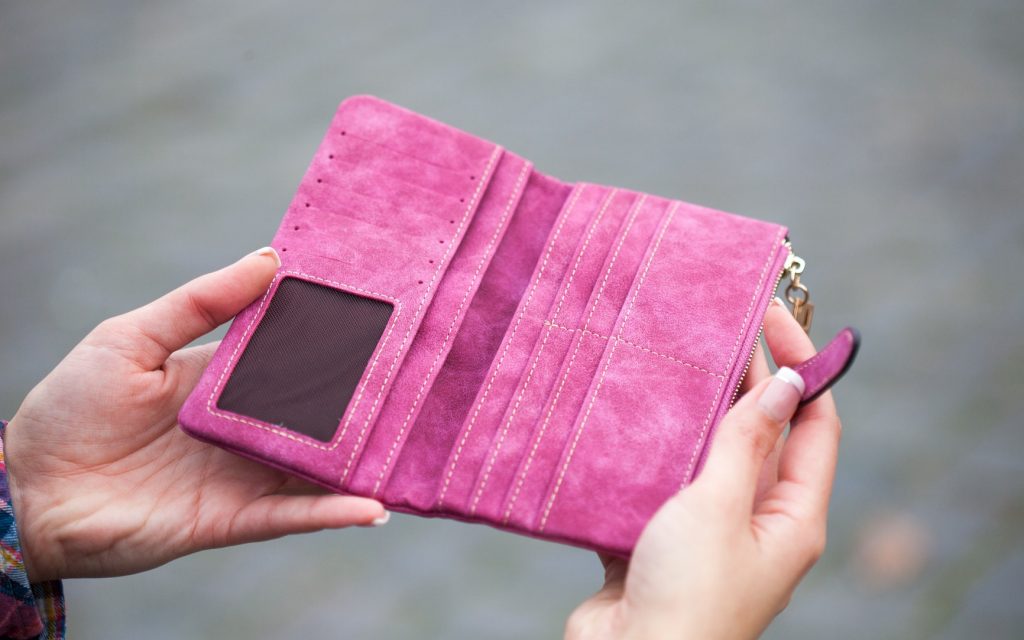 Poverty
Poverty 
Before the agenda changed, ‘welfare’ used to be called ‘social security’. The name reflected what the then system of benefits was meant to do – provide security in the event of illness, unemployment or old age. Despite the name change and the barrage of stories about scroungers and so on, the purpose of the majority of benefits the same – to provide a safety net.
But not any more.
Recent research on women’s employment and unemployment in Ystradgynlais, published last week, showed that there are large and gaping holes in the system. The main purpose of the research was not in fact to look at the failings in so-called welfare – it looked at the kinds of jobs women do or are looking for and the challenges they face juggling childcare, transport and (mostly) low incomes. Some of the findings on these issues are worrying enough: women unable to heat their homes adequately and skipping meals for lack of money, plus very limited opportunities for work that makes use of their skills and abilities.
But it was the experiences of women who had turned to the social security system in great need that has given me the greatest pause for thought. Sometimes, circumstances can mean that women find themselves with nothing – they might have escaped an abusive relationship, been faced with the sudden departure of a partner, or their partner has become too ill to work. If women are not working, their only means of support goes along with the partner, leaving them with no income of their own. On top of this, women leaving an abusive relationship also faced having nowhere to live as well. It is hard to think of a situation where someone is more vulnerable – no money, possibly no home, and all the emotions that go with a major life event. And often with children too.
This is surely where the welfare state should show its heart and jump in to the rescue. But no.
 Instead of getting support, some women were faced with many weeks of having no money at all while the DWP got round to processing their benefit claims. One woman I interviewed had just £35 a week in child benefit with which to pay rent, heat and feed the family while DWP took 6 weeks to process the household’s benefit claim after her partner became too ill to work. She and the other women like her relied on the generosity of friends and family, supplemented by food parcels from the food bank. If women lose their home altogether, instead of getting help with a new one, they had to sleep on sofas, floors and, in desperation, hostels for homeless people, before finally being offered a flat or house with damp, poor decoration and collapsing kitchen.
Instead of getting support, some women were faced with many weeks of having no money at all while the DWP got round to processing their benefit claims. One woman I interviewed had just £35 a week in child benefit with which to pay rent, heat and feed the family while DWP took 6 weeks to process the household’s benefit claim after her partner became too ill to work. She and the other women like her relied on the generosity of friends and family, supplemented by food parcels from the food bank. If women lose their home altogether, instead of getting help with a new one, they had to sleep on sofas, floors and, in desperation, hostels for homeless people, before finally being offered a flat or house with damp, poor decoration and collapsing kitchen.
At a time when they most needed help from the state it wasn’t there. They managed instead with help from family and friends, and support from voluntary and faith groups until the state got its act together. Even then, it was the various third sector organisations that helped with their emotional well-being and met their educational and advice needs, not the NHS mental health service or FE college.
Meanwhile, stories like these go unheard.
We continue to hear about the need for a ‘cap’ on the welfare bill – as if a ‘cap’ can just as easily be put on illness and abuse. We continue to hear about ‘incentives’ to work – as if there were plenty of decent jobs out there. We hear nothing about the circumstances of thousands of ordinary women like those I interviewed in Ystradgynlais. For them welfare was not and is not a ‘lifestyle choice’ – it was borne of necessity and circumstances that could affect us all.
Victoria Winckler is Director of the Bevan Foundation


